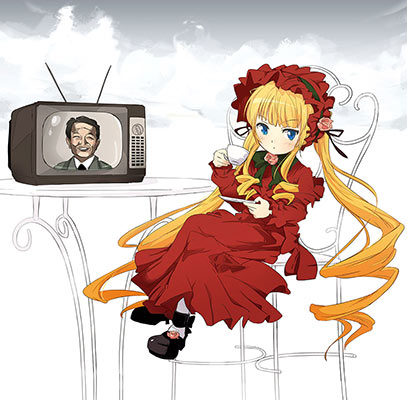You probably don’t think of Japanese foods like omurice (an omelet served over rice with a ketchup heart drawn on top) or katsu (Japanese pork cutlet) as “Western” foods, but in Japan dishes like this are all referred to with the word yohshoku, meaning foods from Europe or the U.S. The yoh kanji (which literally means “sea”) is found in quite a lot of common everyday words, like yohfuku, which the Japanese use to mean “clothes” though it actually denotes Western style clothing, e.g. shirts, jeans etc.; youma, a Western-style living room with a sofa and chairs instead of tatami mats; or yohshiki, meaning “Western-style” like a toilet you sit on rather than squat over. The opposite of yoh is wa, a character that denotes peace, harmony and Japan, and if you want to eat Japanese food, the word you want is washoku. If you’re interested in exploring Japanese variations of “Western” foods, we’ve posted a new cookbook you might want to check out.
![]()
The Japanese eat some interesting “Western” foods.















